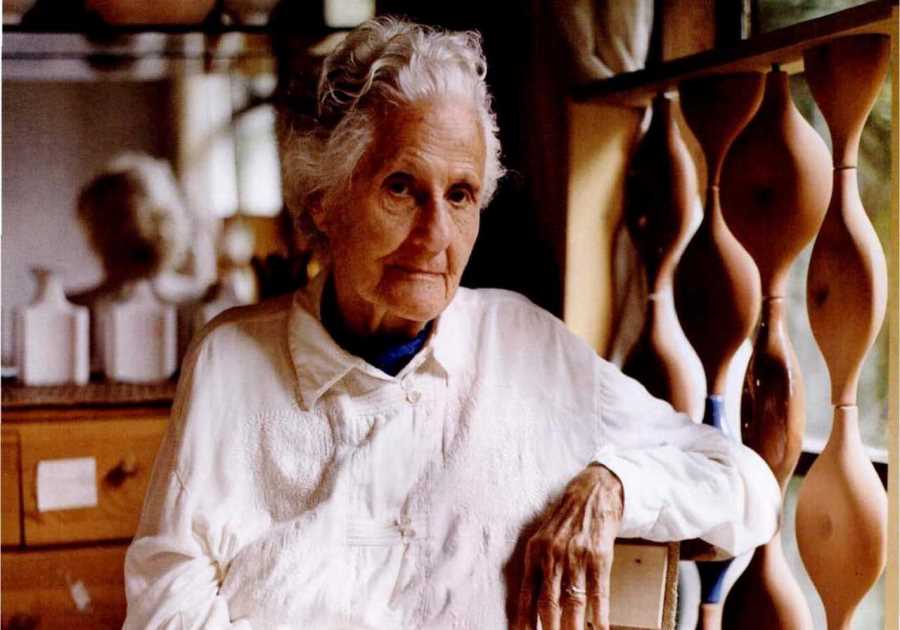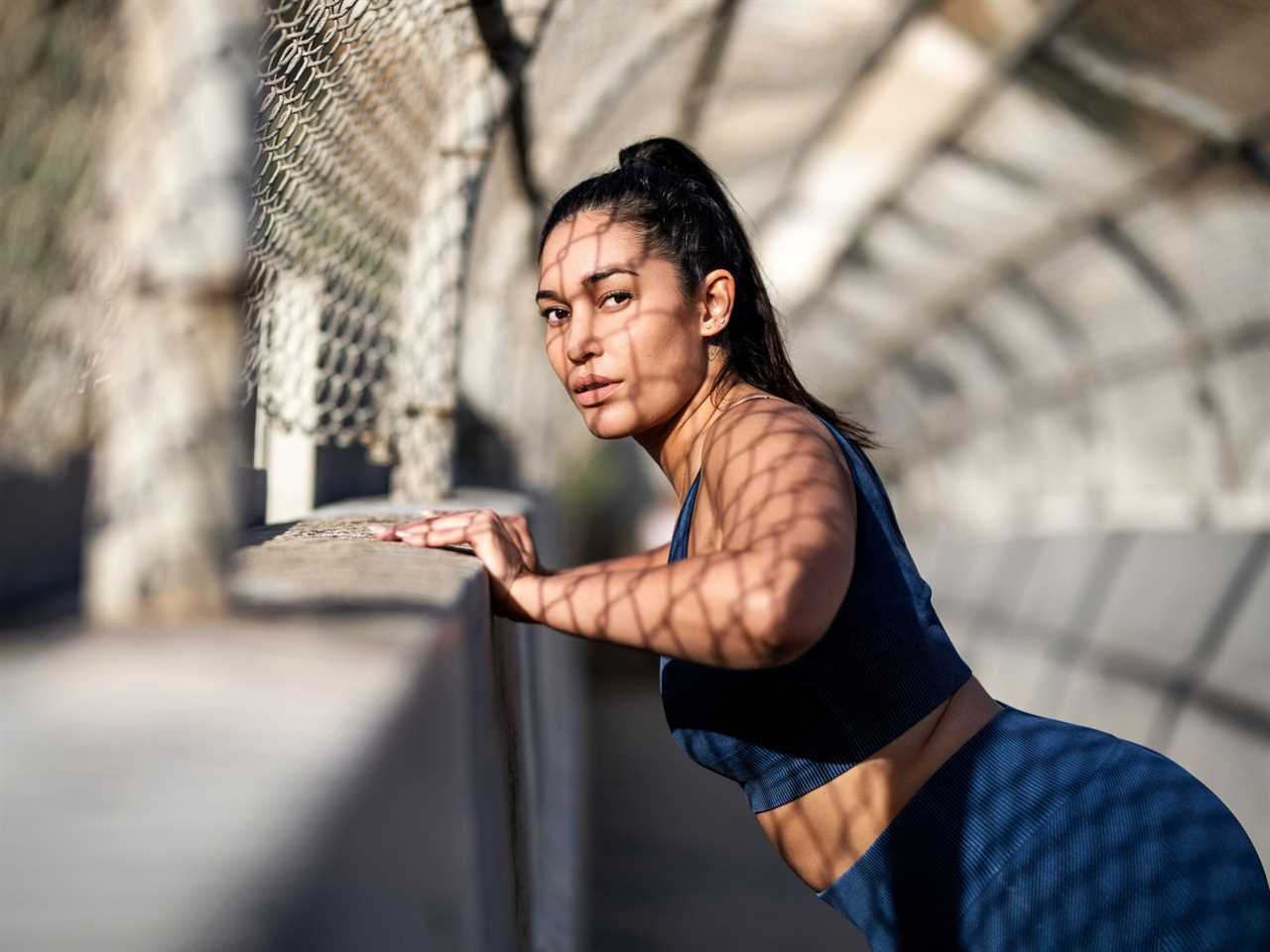
Getty Images
- Six experts shared the habits to adopt in your 20s and 30s that could help you live longer.
- They include eating a balanced diet, exercising regularly, wearing sunscreen, and reducing stress.
- It's never to late to make healthy changes, but the sooner you do it, the better.
With so many theories about what helps us live longer out there — from tech executive Bryan Johnson's 111 daily supplements to fitness royality Elaine LaLanne swearing by working into her 90s — it's hard to know what tips to incorporate into our own lives.
So, Business Insider asked six experts in fields ranging from fitness to brain health to explain what we can do in our 20s and 30s (and beyond) to give us the best chance of living a long, healthy life.
Their main message: it's never too late to improve your health, but the earlier you start, the better.
Eat a Mediterranean diet
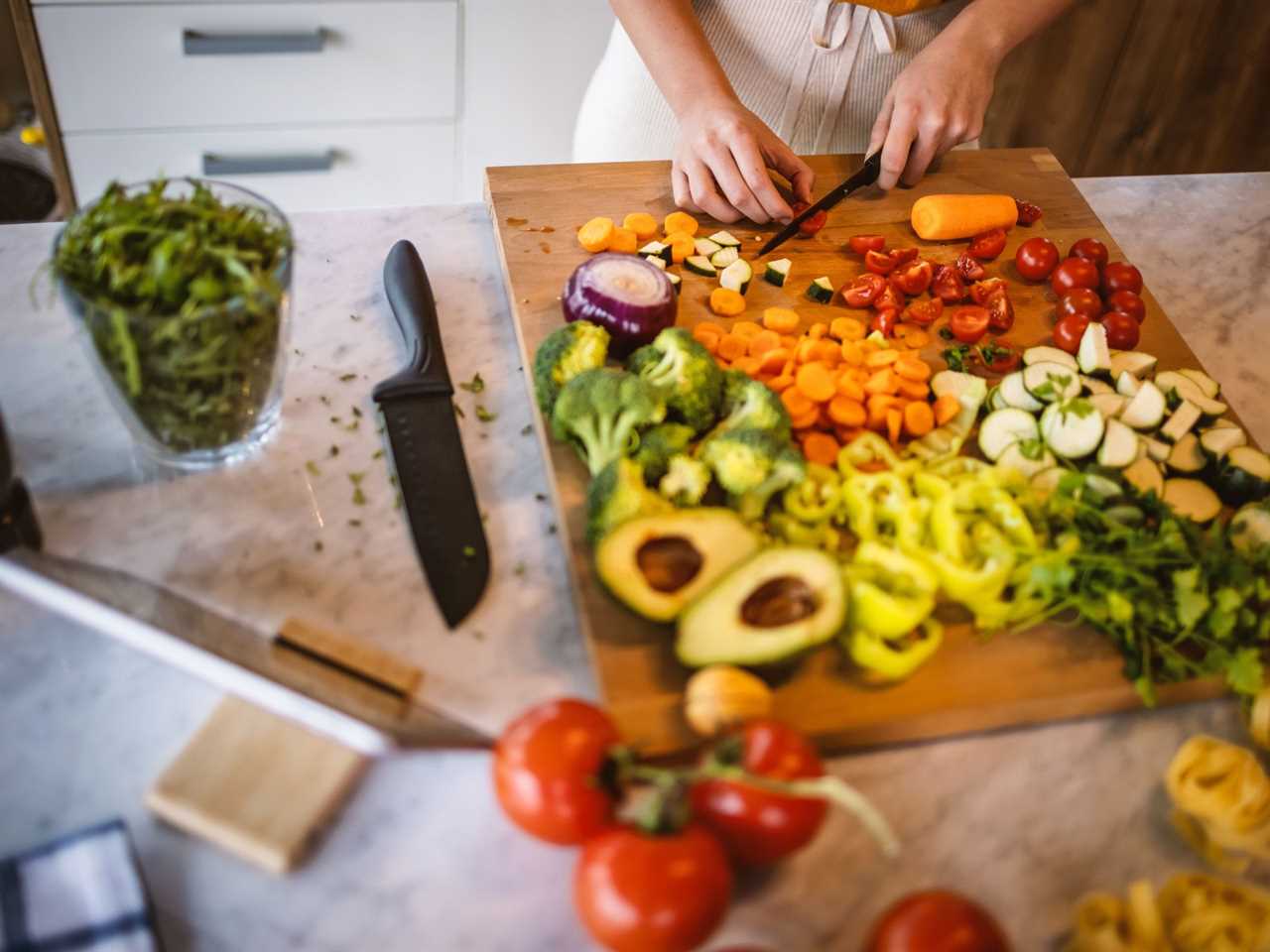
Getty Images
Registered dietitian Clare Thornton-Wood said that her top nutrition changes are following the Mediterranean diet, and eating less sugar and more fermented foods.
"One of the best eating patterns to consider from a longevity and anti-aging perspective is the Mediterranean diet (meaning plenty of fruit and vegetables, wholegrains, olive oil, fish, eggs, and a small amount of lean meat)," Thornton-Wood said.
"There is some evidence that healthy gut bacteria impact on mental health and mood — boost this by eating a wide range of plant based foods and eating at least one fermented food each day," she said.
With this in mind, Thornton-Wood recommended aiming to eat wholegrain carbohydrates such as brown rice or pearl barley often, as well as fermented foods such as kefir, sauerkraut, or kimchi, for their wide-ranging health benefits, she said.
Reducing your intake of sugar and ultra-processed foods can meanwhile boost your skin and teeth, Thornton-Wood said, adding that poor oral health has been linked to heart disease, and can make eating more difficult as you age.
All this can help with maintaining a healthy weight, which has a direct impact on blood pressure (almost half of US adults have high blood pressure), insulin resistance (which is a precursor to diabetes, affecting almost 15% of US adults), cholesterol levels (10% of US adults have high cholesterol), and heart health (about 5% of US adults have coronary heart disease).
And research suggests it's not just the food we eat that's important for longevity, but how we eat it. Eating regular, healthy meals, especially shared with loved ones, has also been linked with healthy aging, Thornton-Wood said.
Plan your workouts around the five pillars of fitness
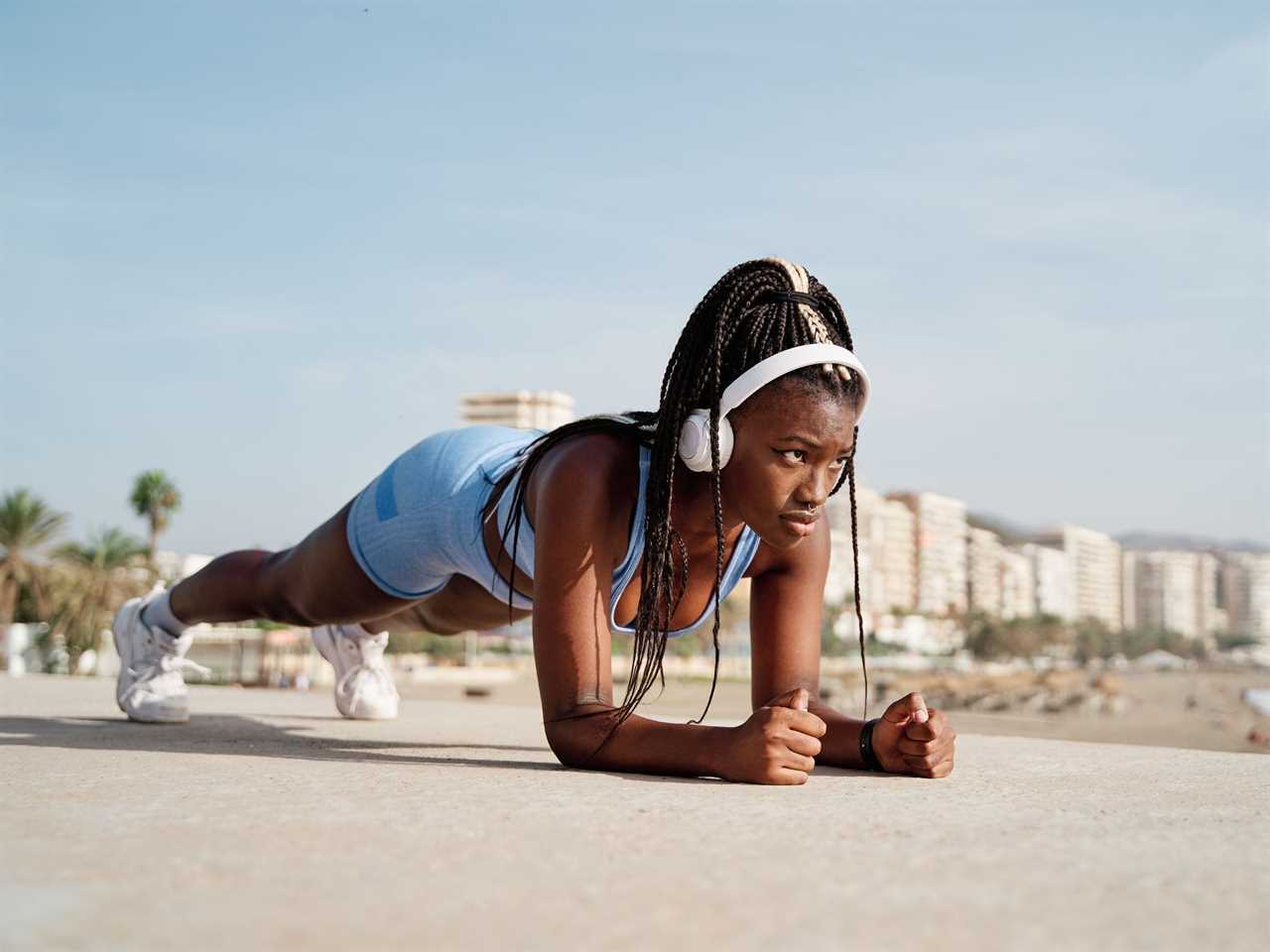
Getty Images
Personal trainer and sports scientist Luke Worthington said that movement is important at any age, but we tend to become less active over time, meaning the older you get, the more intentional you may have to be about exercise.
He breaks physical health down into five "pillars," which are equally important at all stages of life: strength, cardiovascular fitness, mobility, body composition, and emotional wellbeing. We should try to maintain a balance of all five when planning our exercise regime, he said.
Sarcopenia — age-related muscle loss — begins in our thirties, so strength training becomes particularly important. However, building muscle when younger can be easier and so is important for combatting later loss. Strength training also helps minimize the loss of bone density, which is important for healthy aging, Worthington said. A lack of bone density can lead to osteoporosis, and, combined with a lack of muscle, can increase the risk of falls and injuries as a person ages.
A well-designed progressive strength training program should cover all bases of movement, ensuring you're moving and strengthening your body in all directions, while also improving your mobility and cardiovascular health, Worthington said.
"You get the most 'bang for your buck' focussing on multi-joint or 'compound' exercises — this allows for us to work more of our body at once," he said. Compound exercises include deadlifts, squats, lunges, push-ups, and pull-ups.
If you are already active and/or have plenty of time to devote to purposeful exercise, Worthington recommended striving for the following each week:
two to three resistance training workouts
one higher intensity cardio session that provides impact such as tennis, boxing, or dance
one workout focussed on mobility and motor control, such as reformer pilates, yoga, or barre
one or two lower intensity cardio workouts, such as sessions on a bike, elliptical, or climber
Ultimately, however, any movement is better than none, so do what you can and what you enjoy, Worthington said.
Exercise, stop smoking, and get your blood pressure tested for your heart health

Getty Images
Heart disease is the leading cause of death in the US, according to data from the Centers For Disease Control and Prevention, however, there are things you can do to significantly reduce your risk factors.
Dr. Nicole Harkin, a preventive cardiologist and founder of the Whole Heart Cardiology practice in San Francisco, said: "The choices and lifestyle habits you develop now can make a big impact on your heart health in the future. In particular, if you have a strong family history of heart disease, it's important to lay the foundation for a proactive heart health plan now."
She recommended that everyone have their blood pressure and cholesterol levels tested in their 20s and 30s, because if they are higher than normal, this could lead to conditions such as coronary artery disease — which is when the blood's heart supply is blocked by fatty deposits — later on.
"Lifestyle can be such a powerful change agent. I've seen cholesterol drop from severely abnormal to very normal just with dietary changes alone," Harkin said.
The American Heart Association recommends following the DASH diet, which stands for Dietary Approaches to Stop Hypertension, for heart health. Very similar to the Mediterranean diet that Thornton-Wood recommended, the eating plan centers around lean proteins, whole grains, fruits, vegetables, and legumes and limits red meat, sodium, added sugar, and saturated fats.
Joanne Whitmore, senior cardiac nurse at the UK-based charity the British Heart Foundation, said that people in their 20s and 30s should also get at least 150 minutes of moderate-intensity exercise or 75 minutes of intensive exercise each week, and where possible keep stress to a minimum.
She said that giving up smoking is the single most important thing you can do for your heart health.
But even small changes to your lifestyle, such as taking the stairs instead of the elevator or getting up from your desk once an hour to have a quick walk, can have a big impact if they are done consistently, Whitmore said.
Add sunscreen, retinoids, and AHAs to your skincare routine
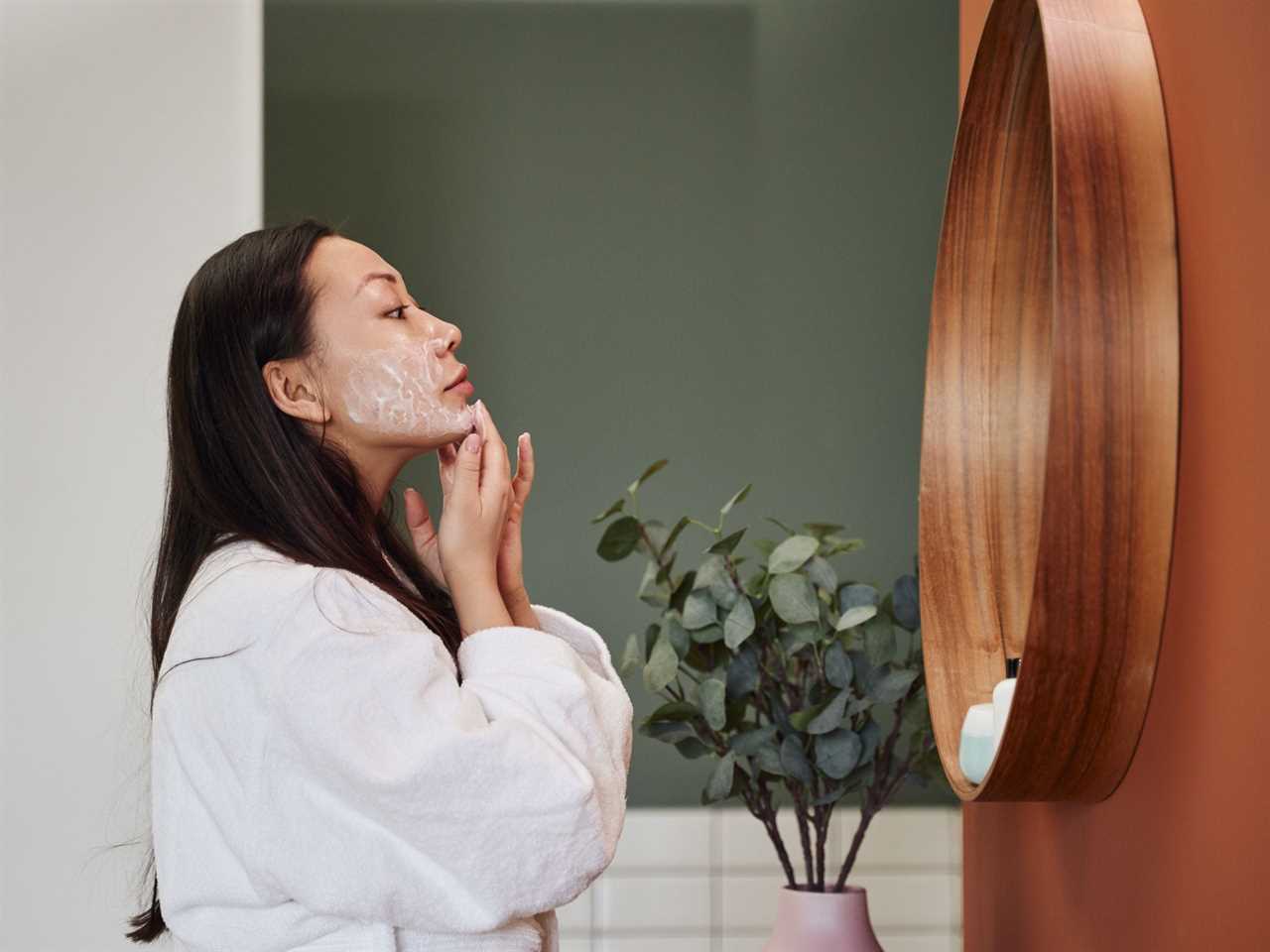
Getty Images
Skin cancer is the most common form of the disease in the US. Anyone can get it regardless of age or skin color, and most cases are caused by excessive exposure to UV rays. A person's prognosis depends on the type of skin cancer they get — melanoma being the most deadly as it is more likely to spread — as well as how early it is caught and their general health.
According to the American Academy of Dermatology, protecting the skin by staying in the shade, wearing clothing that protects from UV rays — such as a long-sleeved shirt and a wide-brimmed hat — and applying broad-spectrum, water-resistant sunscreen of SPF 30 or higher are important for preventing skin cancer. So is avoiding indoor tanning beds.
Aside from the risk of cancer, how the skin looks is also a concern many of us as we age. Starting at around age 20, each year we produce less collagen, a structural protein that plays a key role in maintaining skin elasticity, volume, and moisture, Dr. Charles Puza, a board-certified dermatologist based in New York, and the founder of MOMADerm, a cosmetic dermatology clinic, said.
With less collagen, changes associated with aging such as skin sagging and hollowing, start to gradually occur, he said. In your 20s and 30s, it's normal to notice some subtle aspects of this process, which might look like some fine lines around the eyes and forehead, or the loss of plump cheeks.
While age-related changes are completely normal, there are steps and lifestyle choices that can make a big difference and keep your skin looking healthy.
"I would expect someone who frequently tanned and consumed an unbalanced diet to have more severe signs of aging than someone who regularly used high-quality skincare and kept up with diet and exercise," Puza said.
He recommended a skincare routine made up of daily sunscreen all year round, retinoids at night, and regular alpha hydroxy acids use. He calls this the "three pillars of anti-aging."
In terms of lifestyle, eating a balanced diet, drinking plenty of water, and getting a restful seven to nine hours of sleep a night is beneficial for your skin, he said. He also suggested training yourself to sleep on your back, as it protects the face from potential volume loss and wrinkles during sleep.
Look after your body to protect your brain

Getty Images
Dr. Dale Bredesen, a neuroscience researcher at the Buck Institute for Research on Aging in California and a neurodegenerative disease expert, said improving brain health involves boosting the health of your whole body.
Chiming with Thornton-Wood and the AHA's dietary advice, this includes eating eat a plant-rich diet, particularly cruciferous vegetables such as broccoli and kale, and minimizing processed and inflammatory foods.
Getting regular exercise, sleeping for seven to eight hours per night, managing stress, and keeping "cognitively stimulated" — which for many people may mean having hobbies and taking on new challenges like learning a language — are also important.
Certain supplements, depending on a person's needs, may also help maintain brain health, he said.
"Most importantly," Bredesen said, "if something doesn't feel right, or is getting worse, see a physician who is expert in identifying and addressing root causes of health conditions."
Read More
By: [email protected] (Rachel Hosie,Kim Schewitz,Serafina Kenny,Kashmira Gander)
Title: 5 simple changes to make in your 20s, 30s, and beyond to live longer, according to 6 experts
Sourced From: www.businessinsider.com/essential-healthy-habits-for-your-twenties-thirties-longevity-advice-2023-12
Published Date: Sat, 16 Dec 2023 09:01:01 +0000
.png)



